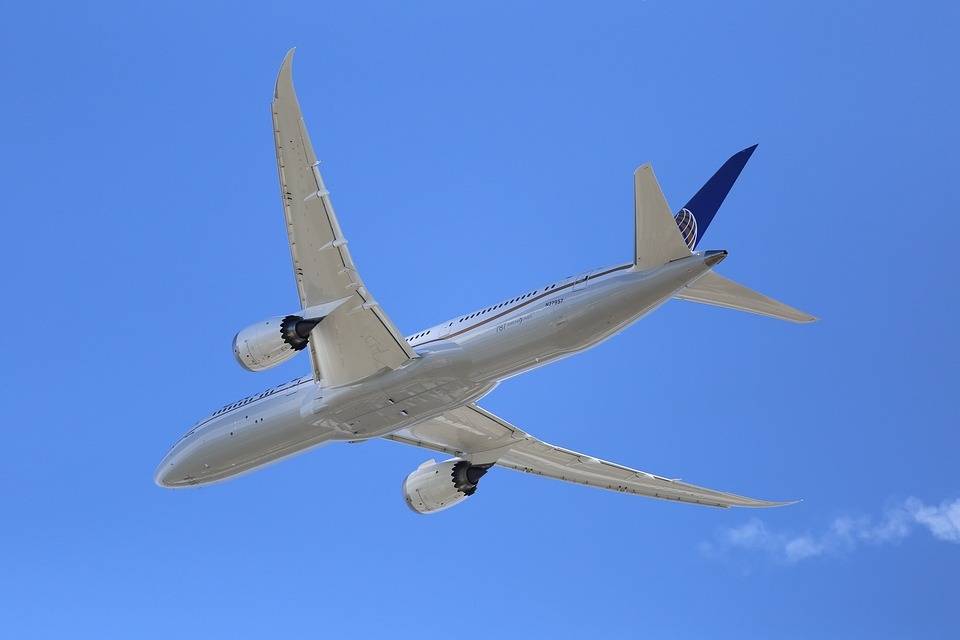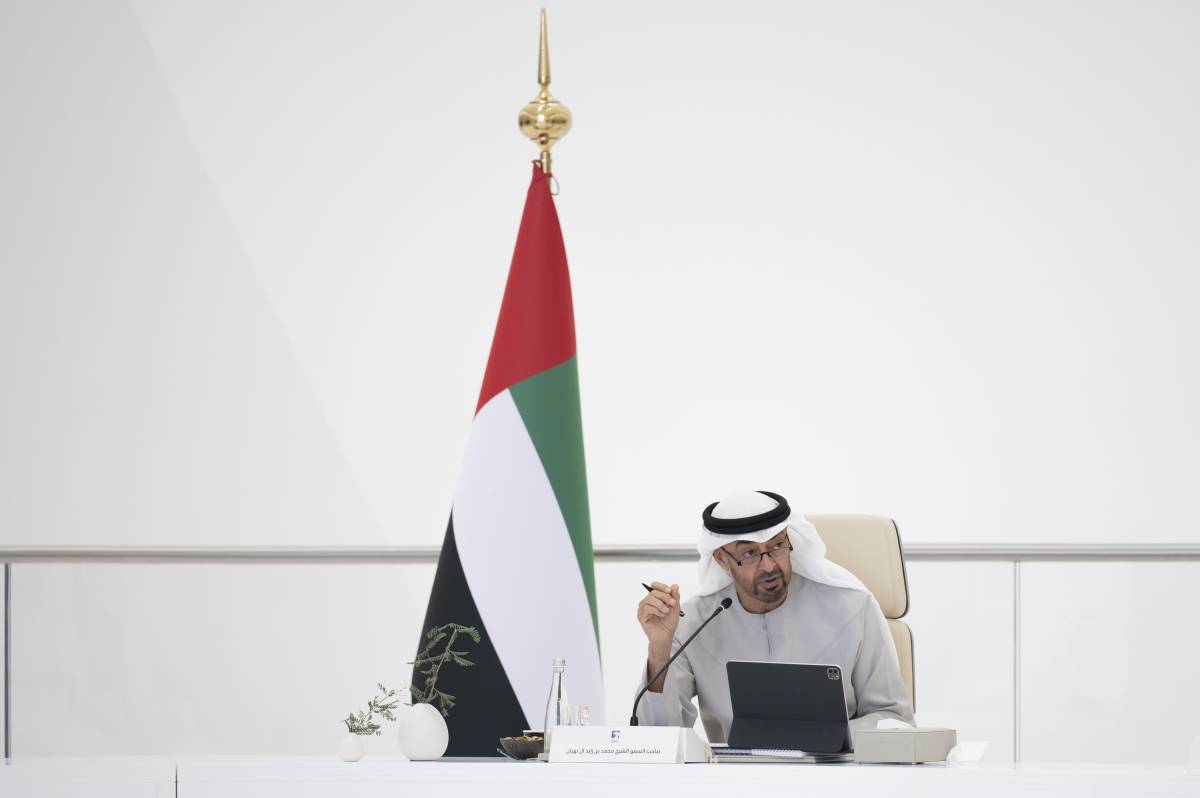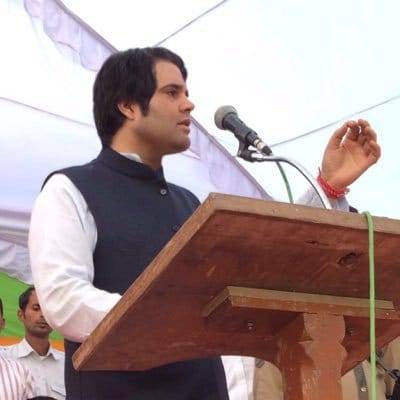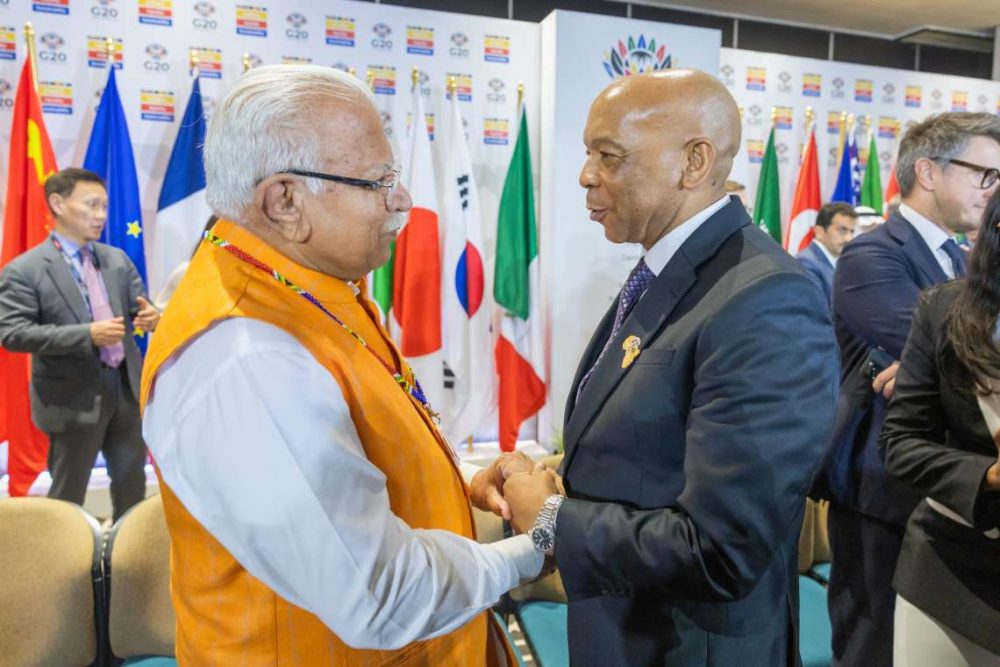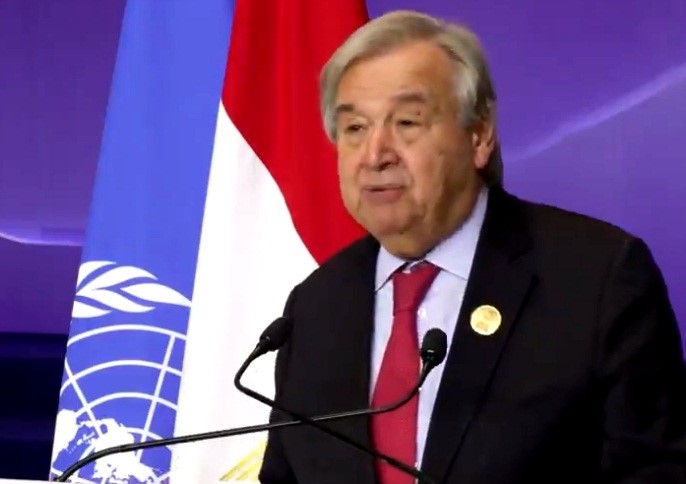In a meeting late last month, the central government had announced that commercial international flights shall resume from December 15, after a long hiatus of more than 20 months in between, reports Asian Lite News
The Directorate General of Civil Aviation (DGCA) on Wednesday delayed the resumption of scheduled commercial international passenger airline services to or from India, mentioning that it will notify its decision on the same in due time.
In a meeting late last month, the central government had announced that commercial international flights shall resume from December 15, after a long hiatus of more than 20 months in between.
That decision, however, came under renewed scrutiny as recently as last Sunday, when the government reviewed the strategy following reports of omicron’s emergence.
Now, a notice issued by the regulatory body on civil aviation today confirmed that the central government is indeed hitting the brakes on the resumption of commercial international flights and that the relevant authorities are monitoring the global coronavirus disease (Covid-19) situation, especially in the wake of the emergence of the new omicron variant which is said to be highly contagious and capable of undergoing rapid mutations.
“In view of the evolving global scenario with the emergence of new variants of concern, the situation is being watched closely in consultation with all stakeholders, and an appropriate decision indicating the effective date of resumption of scheduled commercial international passenger services shall be notified in due course,” read the circular issued by the office of the DGCA on Wednesday.
A decision on the resumption of commercial international flights will likely only be taken after the government finds it relatively safer to do so amid the prevailing pandemic situation. However, the international ‘air bubble’ agreements with different countries shall continue to function as they are now, officials have said.
Earlier this week, junior aviation minister Gen (retired) VK Singh told the that there has been “tremendous pressure” from the public for the last two months to resume international scheduled flights. However, the omicron variant of the coronavirus has clouded the future of commercial international travel and put both the central and multiple state governments in a state of high alert.
From December 1, India has instituted a set of new rules for arriving international passengers, especially from ‘at risk’ countries. Under the new norms, there are separate protocols for travellers arriving from countries enlisted as “at risk” of the omicron variant and nations excluded from the said list. It involves detailed guidelines on testing, sampling, and quarantine of cases detected at the airport, if any.
6 people coming from ‘at risk’ countries test Covid-positive
A total of 6 persons have been found positive for Covid-19 travelling from ‘at risk’ countries on the first day of the operation of the revised guidelines for international travellers.
A total of 11 international flights have landed at various airports across the nation coming from ‘at risk’ countries since the implementation of the revised guidelines in the wake of new Covid variant Omicron. These flights carrying 3,476 passengers landed from ‘at risk’ countries from midnight to 4 p.m. on Wednesday, said the Union health ministry.
All 3,476 passengers were administered RT-PCR tests at the airports and 6 out of them were found Covid-19 positive. The samples of the positive passengers have been sent to INSACOG labs for Whole Genomic Sequencing.
The government revised the guidelines for international travellers as a public health response measure for the control and management of the new variant of Covid-19 which has been designated as a Variant of Concern by the World Health Organization.
“Government of India continues to keep track of the evolving situation, and supporting states, UTs in the fight against the pandemic through ‘whole of Government’ approach”, the Health Ministry said in a statement.
The Centre on Tuesday advised the states and UTs to ensure the preparedness of health infrastructure like availability of ICUs, O2 beds, ventilators, etc. and to implement ECRP-II, with the focus on rural areas and paediatric cases.
In a virtual meeting with states and UTs on the public health response measures, Dr Balram Bhargav, DG ICMR, said that the Omicron variant doesn’t escape RT-PCR and RAT tests. Hence, the states and UTs were advised to ramp up testing for prompt and early identification of any cases. The states were advised to target testing of passengers from countries, not “at-risk”, as part of the ramped-up testing.


